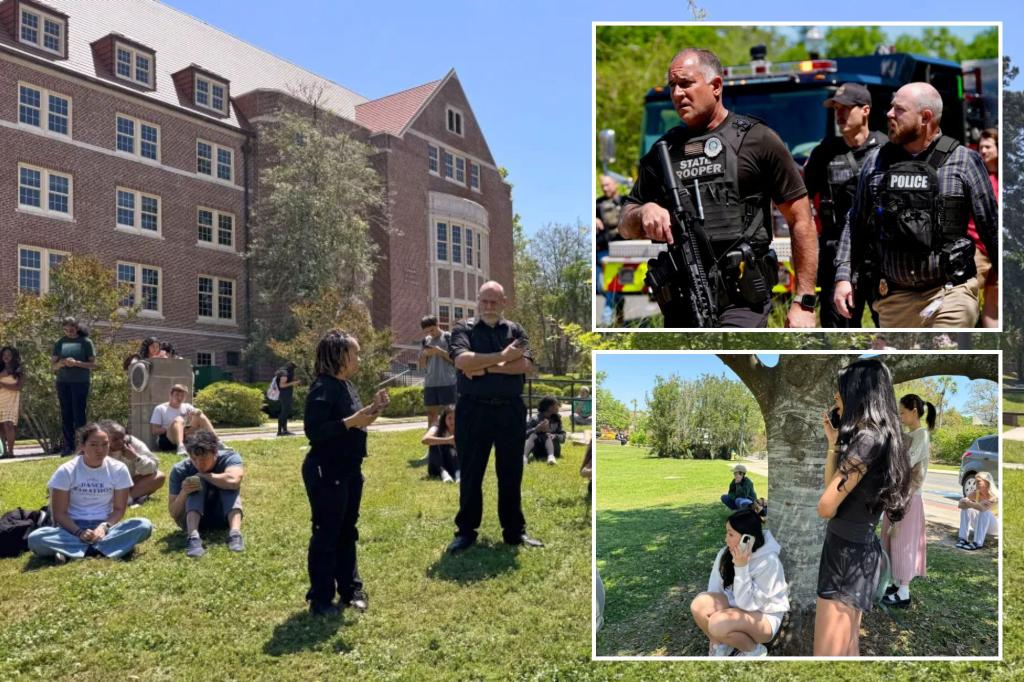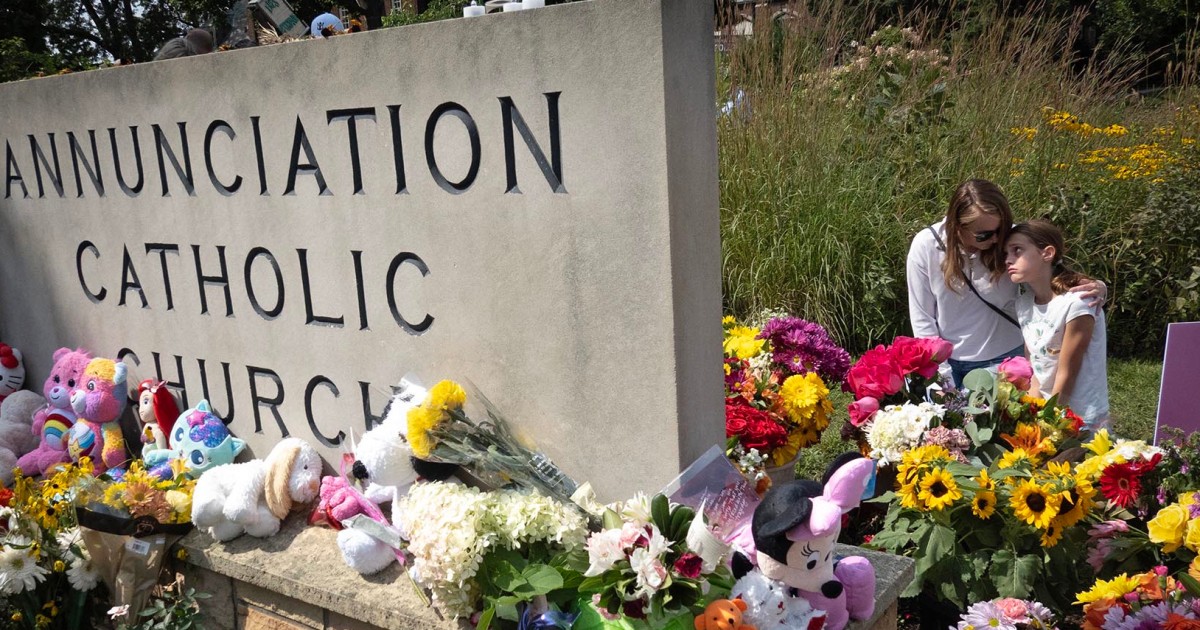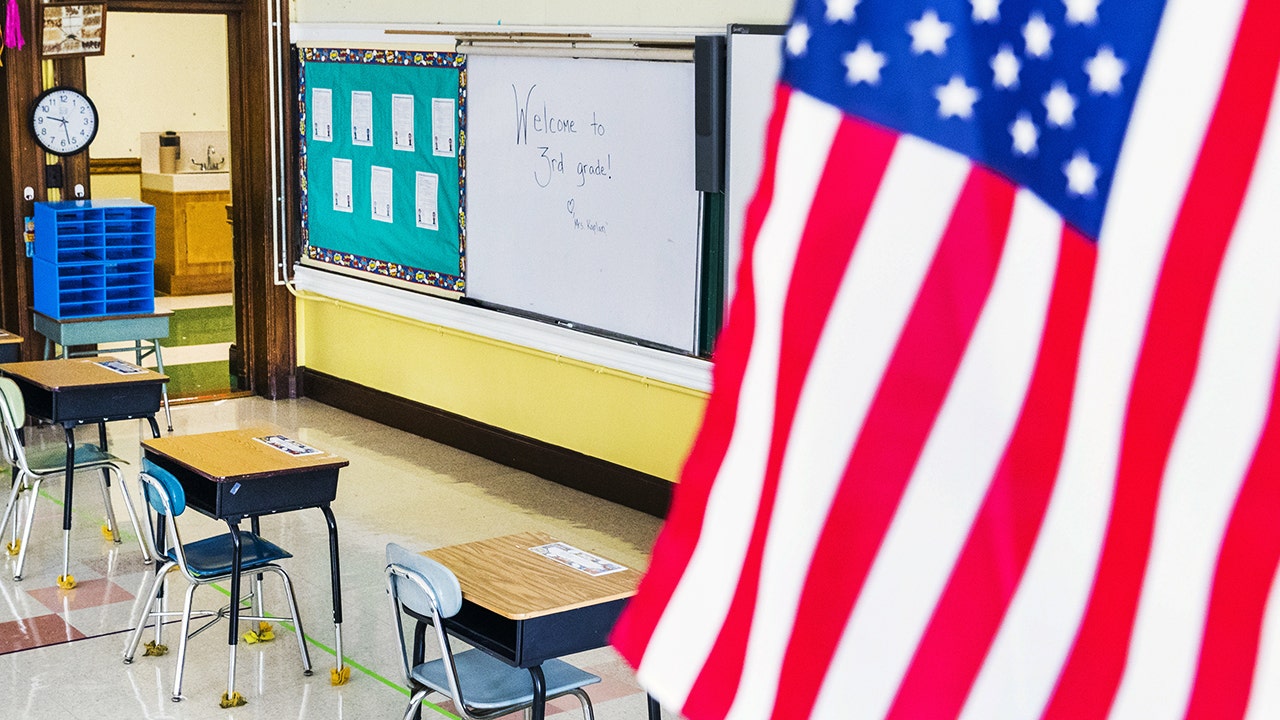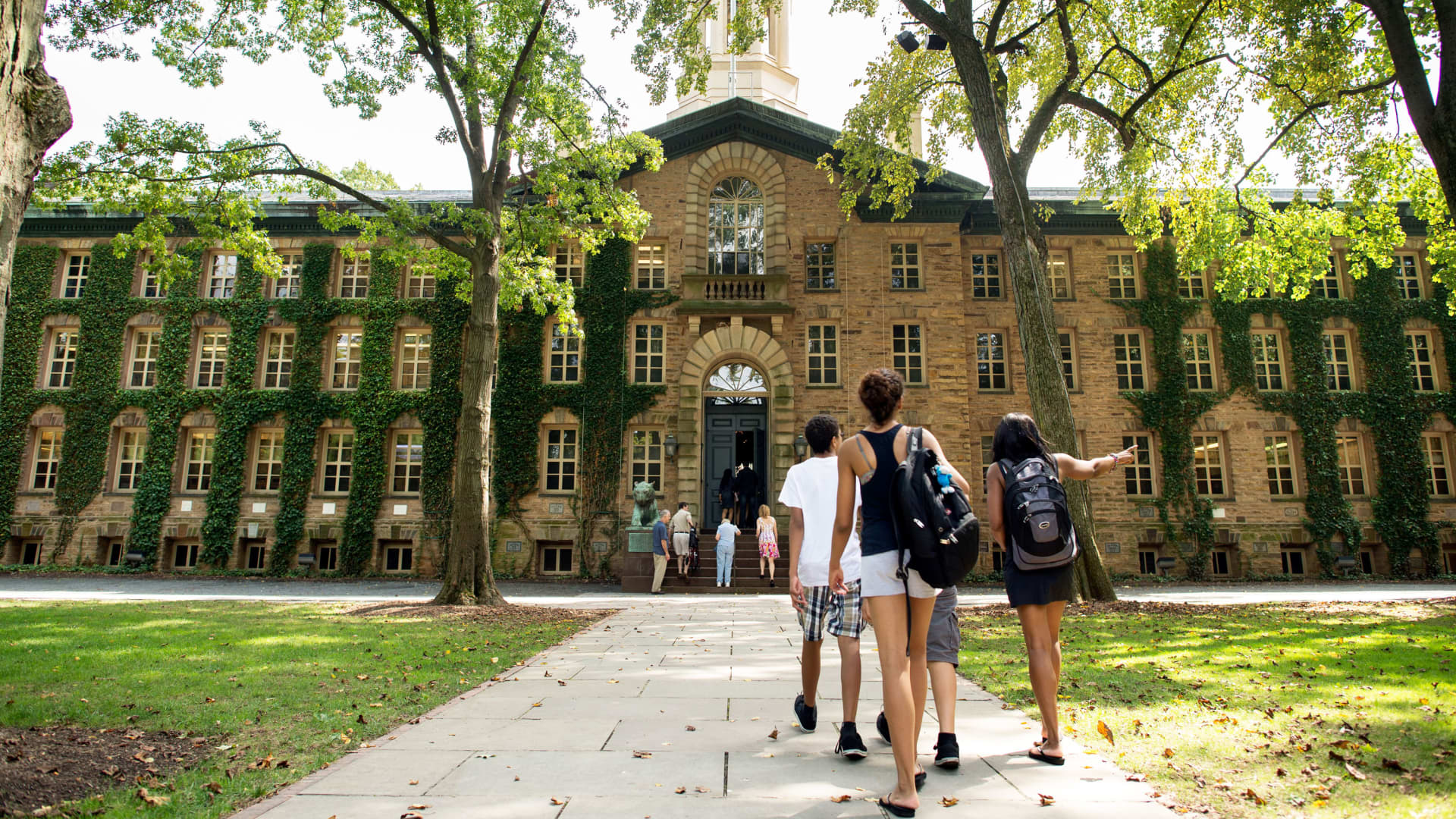FSU Reverses Controversial Campus Attendance Mandate Following Student Backlash
Florida State University (FSU) has rescinded its mandatory campus attendance policy just days after implementing it in the wake of a tragic campus shooting. The abrupt reversal, announced late Wednesday, came after intense student protests and criticism that the requirement disregarded trauma and safety concerns. University administrators cited the need for “flexibility and compassion” during the recovery period.
Swift Policy Change Amid Growing Student Anger
The now-rescinded mandate had required all students to attend in-person classes beginning Monday, despite the recent violence that left three injured near the Student Union building. Within 72 hours of implementation, over 4,500 students signed an online petition demanding the policy’s withdrawal, while dozens staged peaceful demonstrations at the Westcott Fountain.
“This was never about punishing students,” explained FSU Provost James Clark in a press conference. “We wanted to restore normalcy, but we recognize now that our approach didn’t adequately consider the emotional toll on our campus community.”
University data reveals the policy’s immediate impact:
- 42% increase in counseling center appointments
- 27% of classes reported below 60% attendance
- Over 800 formal exemption requests filed in 48 hours
Balancing Safety and Academic Continuity
The controversial decision had initially been framed as necessary for maintaining academic standards. FSU’s administration pointed to studies showing in-person learning typically yields 12-15% higher retention rates than hybrid models. However, campus safety experts questioned the timing.
“When you’ve had a traumatic event, forcing presence without proper mental health support can backfire dramatically,” said Dr. Elena Rodriguez, a campus security consultant who advised on the 2018 Parkland shooting aftermath. “Students need agency in their recovery process.”
Sophomore biology major Tasha Williams described the climate: “Between police tape still being up and emergency alerts going off randomly, being told we had to sit in lectures felt cruel. Many of us hadn’t even processed what happened.”
The Ripple Effects of Campus Violence
Recent Department of Education statistics show campus shootings increased 28% nationally between 2019-2022, with 89% of affected institutions implementing temporary policy changes. However, FSU’s case stands out for the speed of both implementation and reversal.
The university has since announced additional measures:
- 24/7 crisis counseling availability through finals week
- Flexible deadline extensions for all courses
- Voluntary self-defense workshops
Psychology professor Dr. Mark Henderson noted, “There’s no playbook for these situations. What looks like administrative indecision might actually demonstrate responsiveness when new information emerges.”
What Comes Next for FSU?
Moving forward, the university plans to form a student-faculty task force to review all safety policies. Preliminary discussions suggest potential changes including:
- Clearer emergency protocol communication
- Trauma-informed teaching guidelines
- Enhanced virtual options during crises
As finals approach, many wonder whether this incident will spark broader changes in how universities handle post-crisis management. “Students have shown they won’t accept top-down decisions that ignore their lived experiences,” observed student government president Carlos Mendez. “That genie isn’t going back in the bottle.”
For those affected by campus violence, FSU has established a dedicated support line (850-644-8255) and encourages community members to share feedback through their Student Affairs portal. The coming weeks will test whether this reversal represents a temporary concession or a lasting shift in university-student relations during crises.
See more TED Talks World



